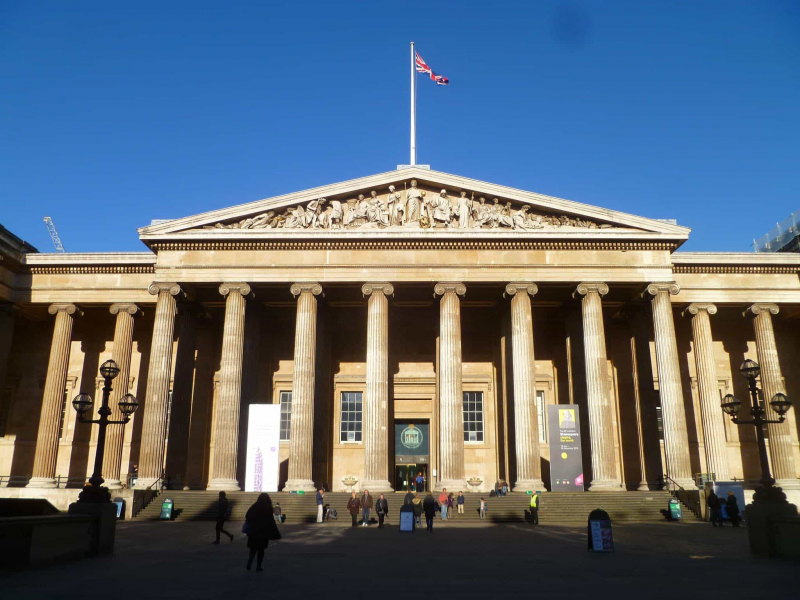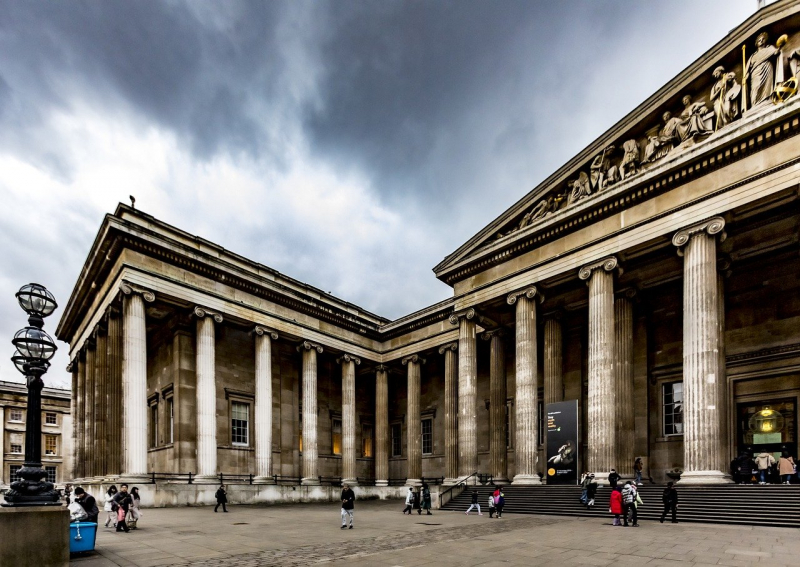The British Museum
The British Museum is a public museum in London's Bloomsbury district dedicated to human history, art, and culture. It has one of the world's largest and most comprehensive permanent collections of eight million pieces. It tells the story of human civilization from its inception to the current day. The British Museum was the world's first public national museum.
The Museum was founded in 1753, based primarily on the collections of Sir Hans Sloane, an Anglo-Irish physician and scientist. It initially opened its doors to the public at Montagu House, on the same site, in 1759. The development of the museum during the next 250 years was primarily due to British colonisation, and it resulted in the establishment of various branch institutions, or autonomous spin-offs, the first of which was the Natural History Museum in 1881. Its ownership of a tiny fraction of its most renowned artifacts, most notably the Elgin Marbles of Greece and the Rosetta Stone of Egypt, is contested and continues to be the topic of international controversy through repatriation demands.
Location: Great Russell Street, London, England WC1B 3DG
Website: britishmuseum.org












